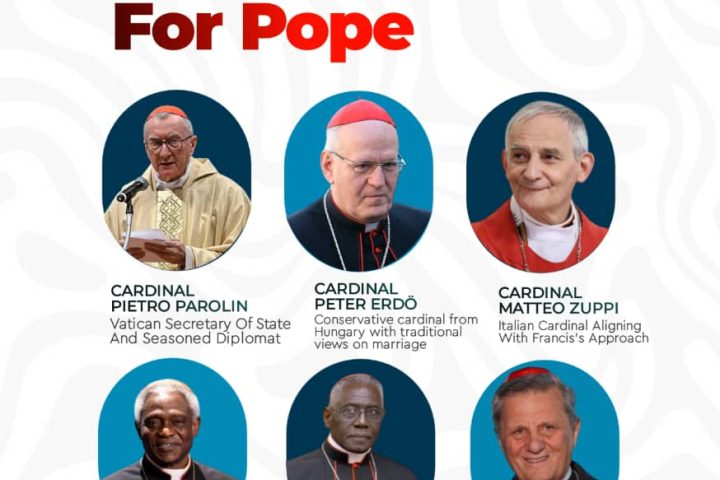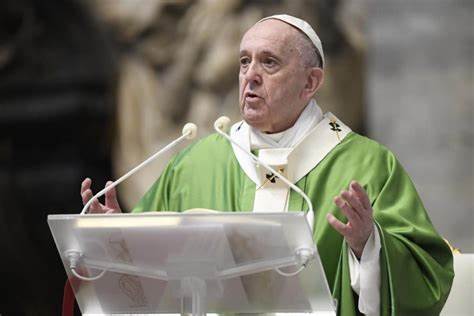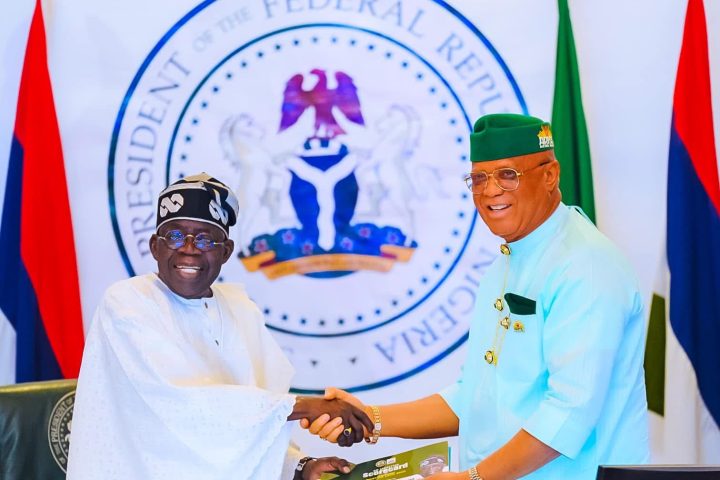By Dr. Jude Dike, Ph.D.
Join our WhatsApp Channel
As the dust settles following Justin Trudeau’s historic resignation, Canada finds itself at a political crossroads, with an unanticipated but potentially transformative figure rising to the top: Mark Carney.
The former Governor of the Bank of Canada, former Governor of the Bank of England, United Nations Special Envoy on Climate Change and Finance, and Chief Economic Adviser to the UK and Canadian governments, Carney’s resume is nothing short of impressive. His move from central banking to politics signals a dramatic shift in Canadian leadership, and the world is watching closely.
A Leadership Pedigree Built on Global Experience
Mark Carney’s leadership pedigree is woven through some of the most prestigious economic institutions on the planet. His tenure as Governor of the Bank of Canada (2008-2013) marked him as one of the foremost crisis managers in the global financial world. Steering the country through the 2008 financial crash with deft precision, Carney earned international acclaim for his stable leadership. His swift, thoughtful responses ensured Canada weathered the storm better than many of its global counterparts.
His transition to the Bank of England in 2013 as Governor was equally noteworthy. Tasked with steering the UK economy through Brexit uncertainty, Carney not only strengthened his reputation as a shrewd economic strategist but also developed an acute understanding of the intersection between monetary policy, global trade, and national security concerns.
READ ALSO: Canada Summer Jobs 2025: How Nigerian Students, Graduates Can Apply
Carney has also played pivotal roles in shaping global economic policy as the UN’s Special Envoy on Climate Change and Finance, and his involvement with the global transition to a low-carbon economy has kept him on the forefront of sustainability initiatives.
But while his credentials speak for themselves, the ultimate question remains: Can Carney translate this world-class expertise into a leadership style that addresses Canada’s unique economic challenges?
A Nation at a Crossroads – The Political and Economic Landscape:
Carney’s entry into Canadian politics is not without complexity. Canada is in the midst of significant economic turbulence. Rising costs of living, inflation, and a strain on supply chains are all contributing to heightened public discontent. In addition to these economic pressures, Canada’s external trade relationships, particularly with China and the United States, remain fraught with tension.
The trade wars with the U.S. under Donald Trump were a testament to the fragility of Canada’s position within North American and global trade frameworks. Under Carney’s leadership, will Canada continue to assert itself on the global stage with the same resilience shown by Trudeau during the trade negotiations with the Trump administration? The looming question is whether Carney’s understanding of global markets and diplomacy will allow him to navigate these relationships with equal finesse. With China’s increasing influence and a potential recalibration of Canadian foreign policy, Carney’s experience with financial diplomacy could prove invaluable.
READ ALSO: How Tariffs Are Triggering Trade War Between US, China, Canada
The rising costs in Canada, including housing affordability and escalating prices at the grocery store, will demand quick, decisive action from the new Prime Minister. Carney’s economic background could provide him with the tools needed to tackle inflation and stabilize the economy. However, his previous roles in central banking might leave some wondering whether his policy prescriptions will be too technocratic or whether he will be able to strike the balance between austerity and social equity that Trudeau sometimes struggled with.
The Legacy of Justin Trudeau and the Call for an Early Election
Taking over from Justin Trudeau is a weighty challenge. Trudeau, while polarizing, has held a uniquely progressive mantle, particularly on social issues like climate change, immigration, and reconciliation with Indigenous communities. Carney’s more technocratic approach to leadership may differ from Trudeau’s personable style, and Canadians will be keen to see whether Carney can build the same emotional connection with the electorate.
Another pressing question is whether Carney will call for an early election. While he inherits a complex political environment, one marked by divisions between provinces, national unity concerns, and the fallout from global economic disruptions, calling an election early might allow him to solidify his mandate. He has an opportunity to present a bold vision for Canada, one that leverages his vast global network and understanding of the international financial system. However, an early election may also prove to be politically risky if his leadership is perceived as too abrupt, or if the Canadian public is not yet fully confident in his ability to address pressing domestic issues.
The Opportunities Ahead: Navigating a Divided Canada
If Carney is to succeed, he will need to seize the opportunities that lie ahead. The Canadian economy, like much of the world, is at a pivotal point. Global trade dynamics are shifting, with China asserting its influence, and North America’s economic future uncertain post-Trump. Carney’s understanding of the global financial system, combined with his expertise in navigating crises, gives him a unique vantage point to negotiate Canada’s place in the world.
READ ALSO: Top 10 Canadian Cities With Best Job Prospects For Nigerians
Moreover, his advocacy for climate action, coupled with his economic understanding, puts him in a strong position to champion Canada’s green transition. With vast natural resources and a growing green economy, Canada could emerge as a leader in sustainability and climate policy, creating new industries and job opportunities in the process. But Carney’s leadership will need to be more than just economic, it must be inclusive, responsive to diverse Canadian needs, and sensitive to the demands of environmental justice.
Can Mark Carney Lead Canada to a Brighter Future?
Mark Carney’s leadership ability will ultimately be defined not just by his global economic expertise, but by his ability to lead within the intricate Canadian political ecosystem. He faces a complex set of challenges that will require a balance of technical expertise, emotional intelligence, and bold decision-making.
In the coming years, Carney will need to prove that his approach is not one of detached technocracy but one of pragmatic leadership. Canadians will be watching closely to see if Carney can become the leader who guides them through turbulent economic waters while also leading them toward a more sustainable, inclusive future.
The road ahead is filled with challenges, but if anyone is suited to navigate these complexities, it’s Mark Carney. Now, the question remains: Will Canadians embrace him as their next Prime Minister, or will the weight of the task prove too much to bear? Only time will tell.
(Dr. Jude Dike is a college professor and the host of a popular weekly podcast in Calgary, Canada. 🇨🇦
Dike holds a Bachelor’s degree in Economics from Delta State University. He later earned a Master’s degree in Oil & Gas Economics from the University of Dundee, Scotland, and a Doctorate in Economics from the University of Stirling, Scotland. He has also worked with the World Bank and Nigeria’s National Assembly.)
















